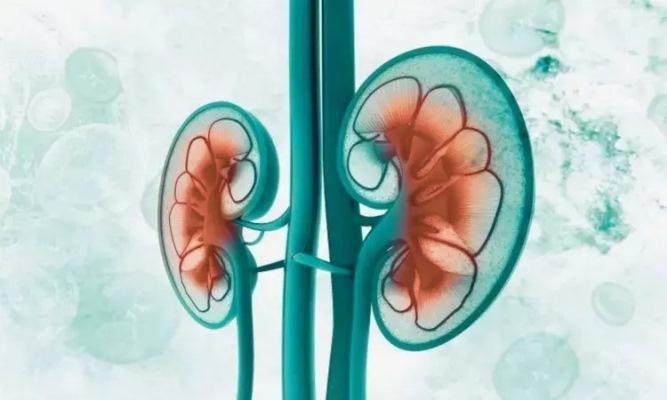A recent study found a significant association between chronic kidney disease and tooth loss in postmenopausal women, especially those aged 66-79 years.

Menopause is characterized by changes in levels of reproductive hormones, and this can negatively affect bone health. Because chronic kidney disease (CKD) and tooth loss are common and significant health problems for postmenopausal women, a recent study – the first of its kind – aimed to explore the relationship between the two. It reported that CKD is significantly associated with tooth loss in postmenopausal women, especially women aged 66 to 79 years.
Among its many functions, the kidneys help remove waste from the blood and activate vitamin D. Decreased functionality can lead to a number of serious and potentially life-threatening diseases related to bone and cardiovascular health. Kidney function declines over time after menopause and is associated with decreased levels of reproductive hormones. This decrease in hormone levels can lead to abdominal obesity, which is an independent risk factor for CKD and is also associated with a higher risk of tooth loss.
Although previous studies have found an association between kidney function and tooth number, the present study is the first to evaluate the association between CKD and tooth loss in postmenopausal women. It included 64,971 people aged 40 to 79 years who participated in the Korea National Health and Nutrition Examination Survey between 2010 and 2018. All participants were divided into two groups: those who had less than 20 teeth, and those who had 20 or more teeth.
After analyzing the results, the researchers noted a significant association between glomerular filtration rate, which measures kidney function, and the presence of at least 20 teeth. Specifically, they reported that postmenopausal women with CKD, especially those aged 66 to 79 years, were approximately 40% more likely to have fewer than 20 teeth. This indicates an urgent need for effective prevention and treatment of disorders of mineral and bone metabolism in postmenopausal women with CKD to prevent tooth loss.
“This study highlights the known association between [CKD] and bone turnover. Postmenopausal women with [CKD] need increased attention to oral and bone health in addition to careful efforts to preserve kidney function. Conversely, oral hygiene is key to overall health, and good oral hygiene is important for women of all ages,” Dr. Stephanie Faubion, medical director of the Menopause Society, said in a press release.
